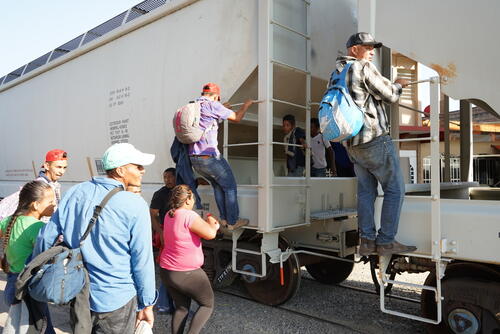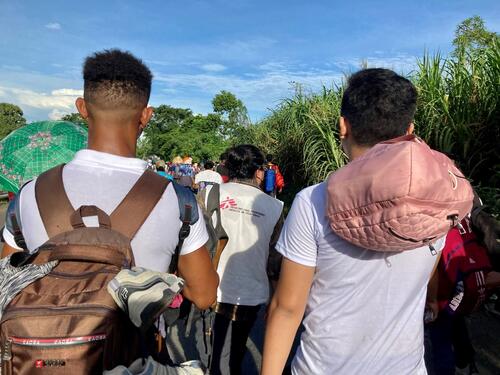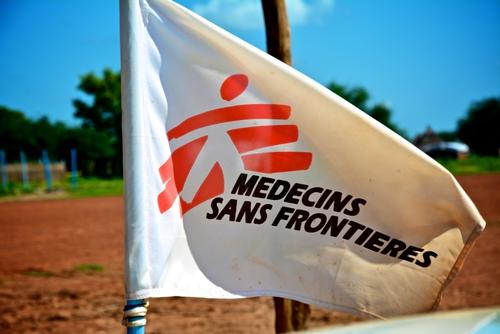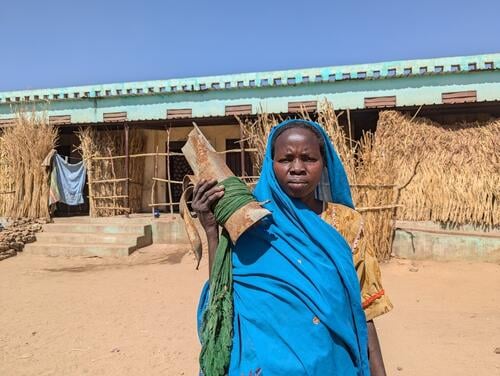People on the move through Central America are being exposed to organised crime and further criminalised following a recent agreement by the United States, Mexico, Honduras and Guatemala to reinforce the militarisation of borders.
Teams from Médecins Sans Frontières (MSF) have witnessed both repeated raids and arbitrary detentions on the southern border of Mexico. We’ve also been seeing asylum seekers forced back to Mexico by the US under the Title 42 order. This order has been misused to authorise mass expulsions ostensibly for public health reasons related to the COVID-19 pandemic, and effectively blocks the right to seek asylum in the US.
“Once again we are seeing the construction of physical, bureaucratic, and security walls to block asylum and stop the free movement of people fleeing violence in their countries of origin,” said Antonino Caradonna, coordinator of MSF's migration project in Mexico. “This is evident both on the northern and southern borders of Mexico. While the United States immediately blocks and expels newcomers en masse, Mexico represses and detains them en masse.”
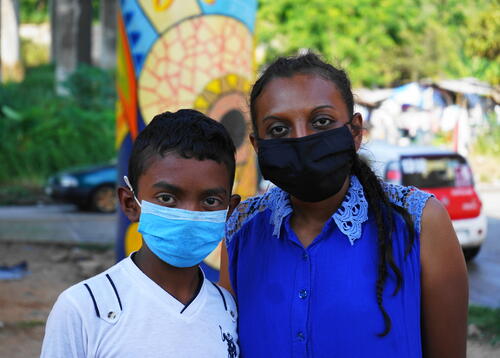
MSF teams on Mexico’s southern border have repeatedly denounced the mass raids and arbitrary arrests in areas with a high concentration of migrants and asylum seekers, including near the organisation's healthcare posts. There have been several incidents in Coatzacoalcos, in the southern state of Veracruz, a railway hub that is widely used by people on the move.
“Raids were carried out in Coatzacoalcos on the railway tracks, and around 50 migrants, including families with children, were arbitrarily detained,” said Caradonna. “They were sleeping near the shelter because they are being denied accommodation, allegedly because of the pandemic.”
Many shelters in Mexico have shut down or reduced capacity due to the pandemic.
Police action near shelters or places where migrants receive medical and humanitarian assistance “pushes people in transit to hide more, to opt for more dangerous routes, to be more vulnerable to organised crime and extortion,” said Caradonna. “We have to denounce the extreme lack of protection for these people.”
The testimonies collected by MSF in the area corroborate the increase in raids and arrests on Mexico’s southern border, which put the physical and mental health of asylum seekers and migrants at risk.
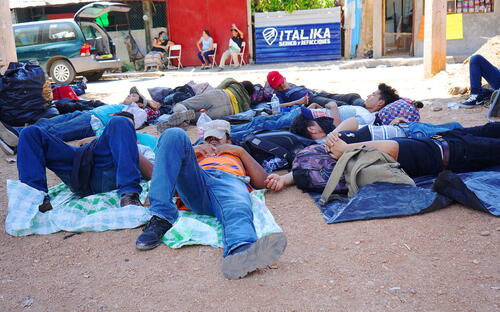
“About 400 people came through the mountains, but in the raid, they caught about 200. Half were women and the other half were men,” explained Levi, from Honduras. “Now very few women come. They are the ones who get caught the most, because [they travel] with children, they are the ones who run the least.”
Along Mexico’s northern border, MSF teams are witnessing the increase in mass expulsions from the US of asylum seekers and migrants under the Title 42 order. These people are returned to Mexico, without due process, to unfamiliar and often dangerous cities along the northern border. In Reynosa, Nuevo Laredo and Ciudad Juárez, MSF teams have provided medical assistance to hundreds of deported families, now stranded, awaiting protection.
“Our teams give an account of the inhumane treatment migrants receive in detention centres in the US, the impact it has on their health, and the acute stress they carry with them,” said Geaninna Ramos, MSF medical adviser. “They are being deported to border cities in Mexico, without any information about where they are and what they are going to do next.”
They are being deported to border cities in Mexico, without any information about where they are and what they are going to do next.Geaninna Ramos, MSF Medical Adviser.
As stated earlier this month by a spokesperson for the US administration, the increased security presence in the region is intended to deter migration: “The objective is to make it more difficult to make the journey, and make crossing the borders more difficult.”
“We have to be clear and look deeply at these policies,” said Caradonna. “Making the journey more difficult for migrants means making it more lethal.”
MSF urges the US, Mexico, and other governments in the region to end these repressive migration policies. Asylum seekers and migrants must be guaranteed protection and adequate humanitarian assistance in accordance with domestic and international laws and norms.
In the context of the COVID-19 pandemic, efforts must be made to protect migrants from the virus through the provision of sufficient shelters and safe spaces.



